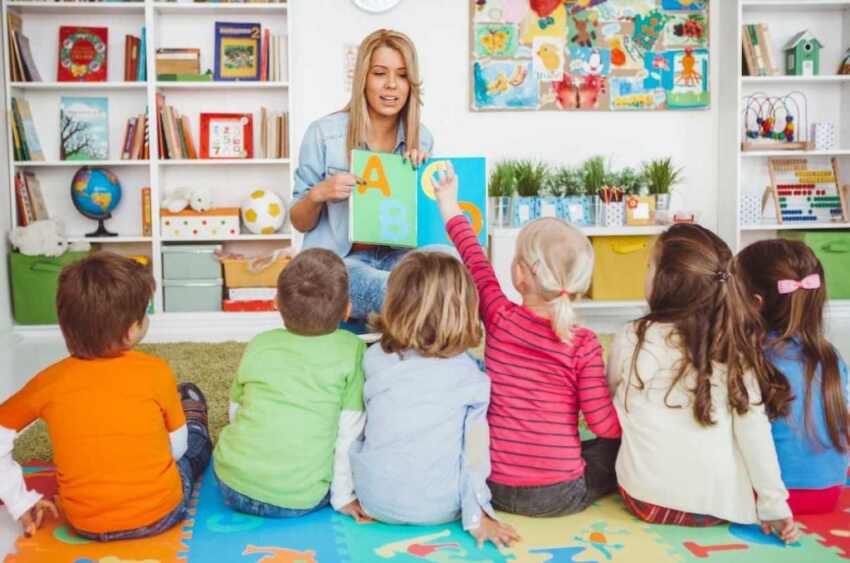Breaking the Mold: The Montessori Teaching Course Reinventing Traditional Education
The Montessori teaching course has revolutionized traditional education by offering a unique approach that emphasizes individualized, hands-on learning. This article will explore how the Montessori teaching course breaks the mold of traditional education and why it is gaining popularity among parents, educators, and students.
I. The Montessori Philosophy
The Montessori philosophy is based on the belief that children have an innate desire to learn and should be given the freedom to explore and develop at their own pace. This approach challenges the traditional model of education that focuses on conformity and rote memorization. Montessori educators believe in nurturing the whole child, including their physical, social, emotional, and cognitive development.
II. The Role of the Montessori Teacher
Unlike traditional teachers who predominantly lecture and direct students, Montessori teachers are facilitators who guide students towards self-directed learning. They create an environment conducive to exploration, provide meaningful materials, and offer guidance when necessary. Montessori teachers view themselves as partners in the learning process rather than authority figures.
III. Hands-On Learning
One of the hallmarks of Montessori education is the emphasis on hands-on learning. Students are encouraged to use manipulative materials to explore and internalize abstract concepts. This approach promotes active engagement and strengthens comprehension and retention. By allowing students to physically interact with the materials, the Montessori teaching course taps into different learning styles and promotes a deeper understanding of concepts.
IV. Individualized Instruction
In a traditional classroom, students are often taught as a group, regardless of their individual strengths and weaknesses. The Montessori teaching course recognizes that each child has unique learning preferences and adjusts instruction accordingly. Montessori educators observe students closely and tailor lessons to their individual needs, allowing them to progress at their own pace. This personalized approach fosters a love of learning and prevents students from falling behind or feeling unchallenged.
V. Specially Designed Classrooms
Traditional classrooms often consist of rows of desks and a blackboard at the front, providing limited opportunities for movement and collaboration. Montessori classrooms, on the other hand, are carefully designed to facilitate independent exploration and collaboration among students. They feature low shelves that display materials, various workstations, and spaces for group activities. The arrangement of the classroom encourages independence, self-discipline, and a sense of responsibility.
VI. Respect for the Child
Montessori educators believe in treating children with utmost respect, valuing their opinions, and fostering their independence. The Montessori teaching course emphasizes the importance of allowing children to make choices, take risks, and learn from their mistakes. This respectful approach empowers students and boosts their self-confidence. By promoting autonomy and responsibility, Montessori education prepares students for the challenges of the real world.
The Montessori teaching course is challenging the traditional education system by offering an alternative approach that prioritizes individualized, hands-on learning. By embracing the Montessori philosophy, teachers become facilitators who guide students towards self-directed exploration. The emphasis on hands-on learning, personalized instruction, specially designed classrooms, and respect for the child’s individuality contribute to a successful and fulfilling learning experience. As Montessori education continues to gain recognition worldwide, it is clear that this teaching course is reinventing traditional education for the better.
Nidhin
For More Details Call: +917510220582
